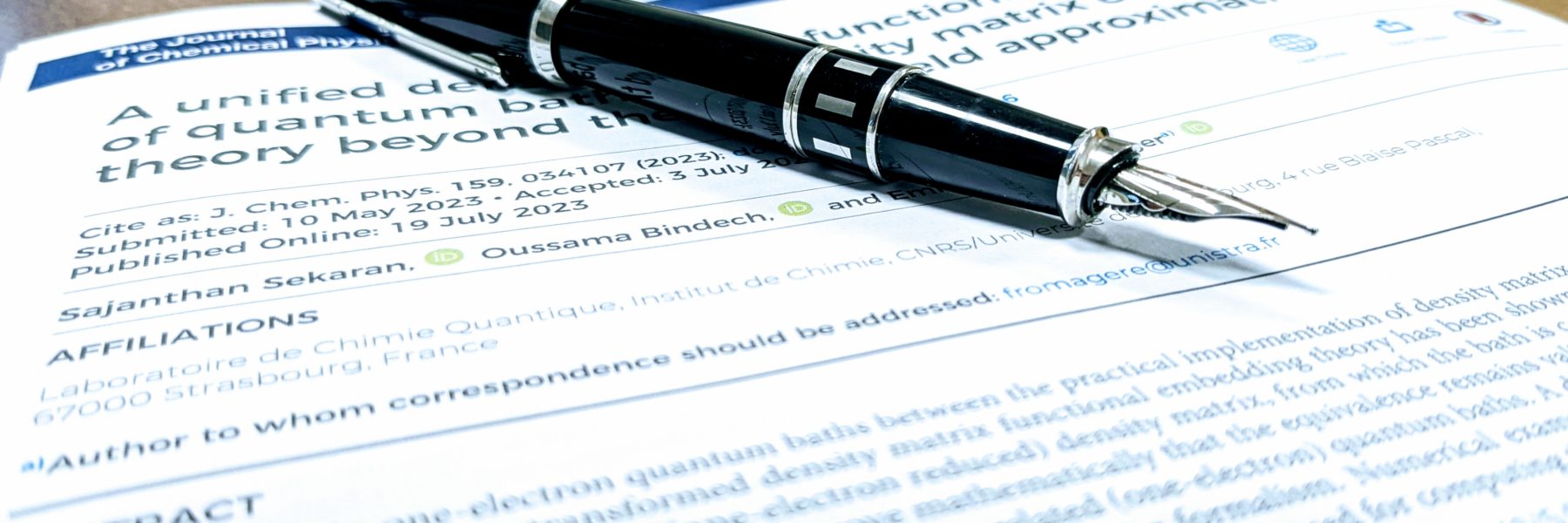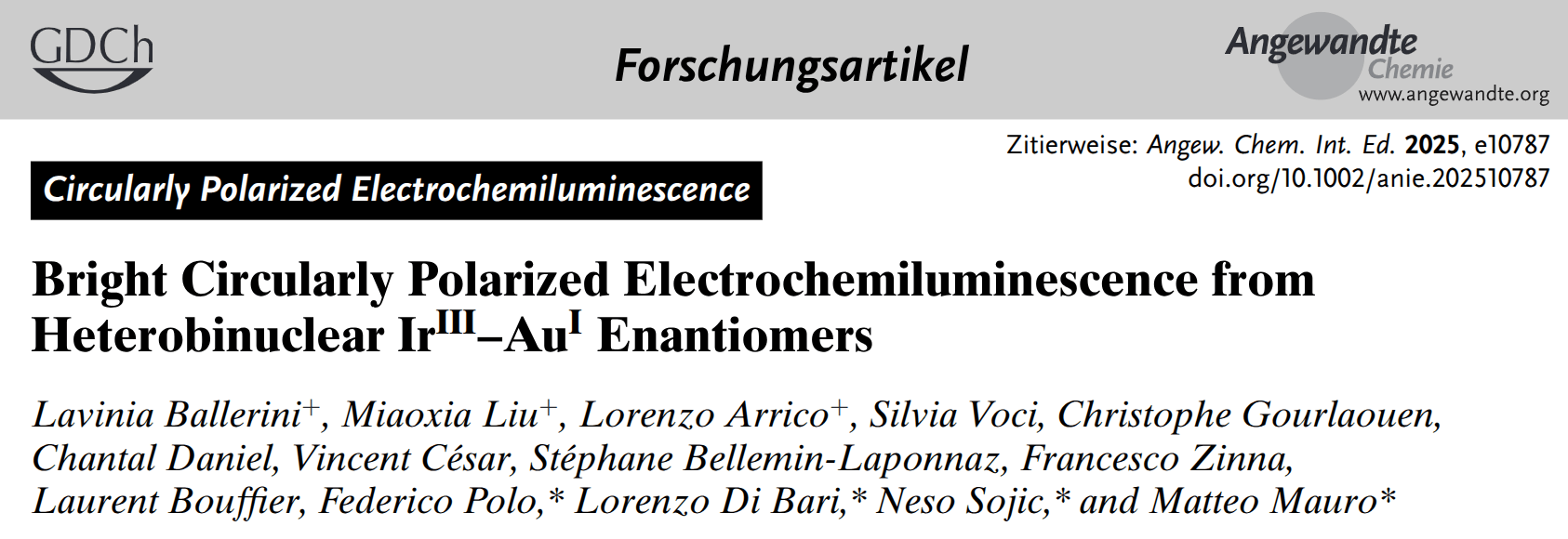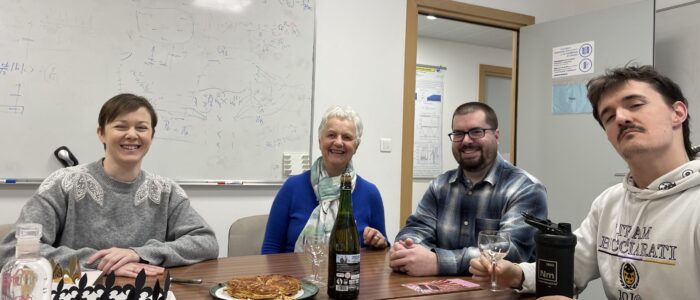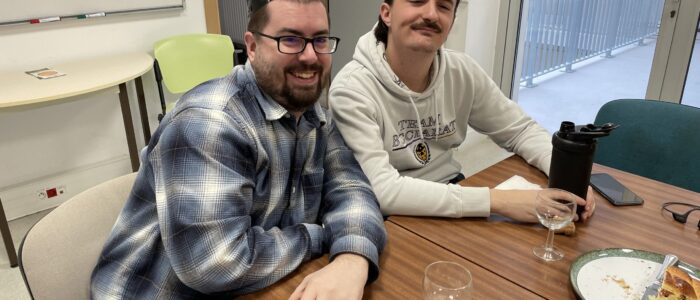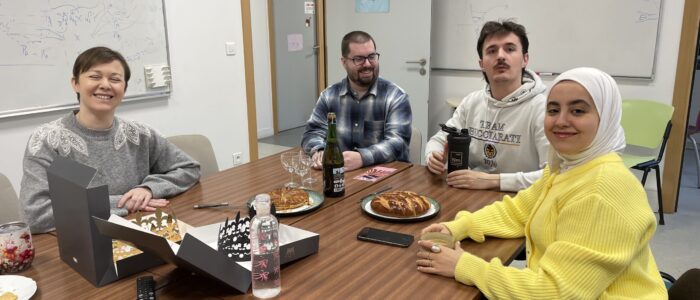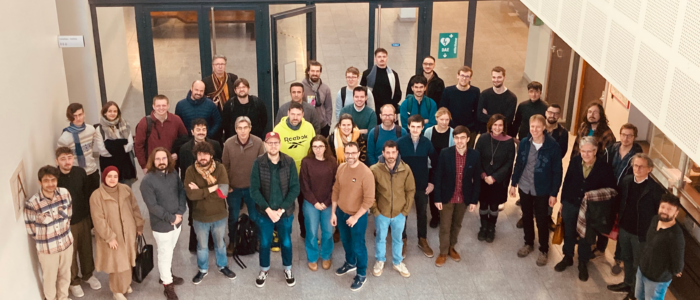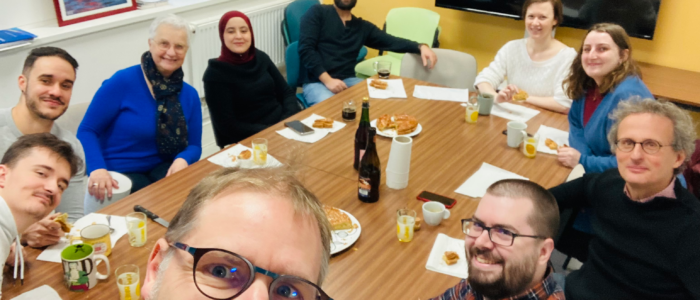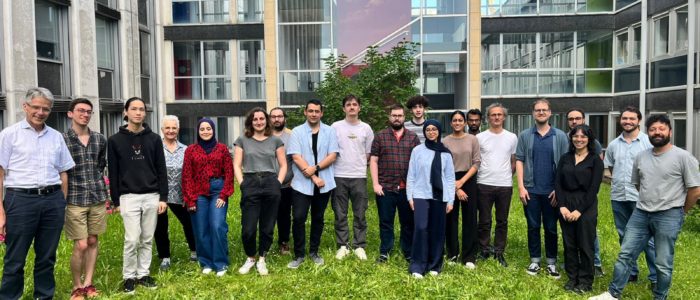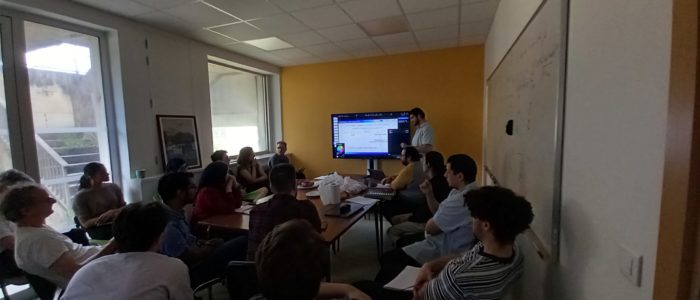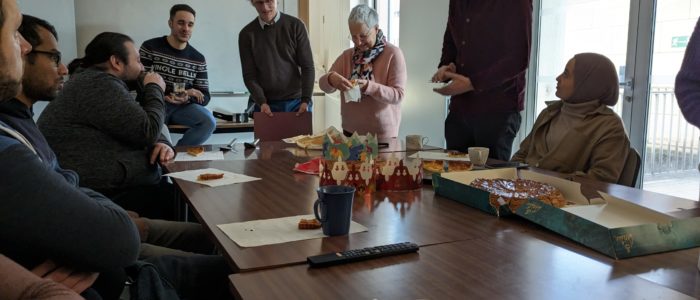The LCQS welcomed Giovanni Li Manni from Stuttgart Max Planck Institute during the first week of July 2024.
He will give a seminar Thursday, July 4th, 2024 on ‘Quantum Anamorphosis: A Novel Quantum Chemical Route for Predicting Magnetic Interactions in Polynuclear Transition Metal Clusters‘.
Abstract:
Understanding spin interactions in ground and excited states of polynuclear transition metal (PNTM) complexes, at the active site of biological and biomimetic catalysts, is of paramount importance for gaining control over their remarkable reactivity. The water splitting reaction at the oxygen evolving center of photosystem II, and the nitrogen fixation process catalyzed by FeS clusters in the nitrogenases
exemplify the versatility and complexity of such systems. Quantum chemical simulations of the spin structures and magnetic properties of PNTM clusters represent a major challenge for modern quantum chemistry, and multiconfigurational strategies are unavoidable. Cheap and almostaccurate strategies are an oxymoron!
Local emergent symmetries exist for exchange-coupled PNTM clusters that are revealed by a conceptual strategy based on simple unitary orbital transformations, together with cumulative spin adaptation. This strategy, named Quantum Anamorphosis in analogy to Anamorphosis in art, (a) greatly reduces the multi-reference character of strongly correlated electronic states, (b) allows for state-specific optimizations of excited states, and (c) offers a facile rationalization of the spin interactions across the magnetic sites. As for the homonym art, Quantum Anamorphosis guides the scientist toward a vantage point, in the orbital space, to obtain simple and easily recognizable electronic wave functions.
Quantum Anamorphosis is a multi-year project that has already been applied in the investigation of Fe4IIIS4 complexes, Mn3IVO4 clusters, the biomimetic Co3IIErIIIO4 cubane, and in the study of lowdimensional (1D) nearest-neighbor Heisenberg Hamiltonian. The foundation of Quantum Anamorphosis and its application will be the focus of this talk.


